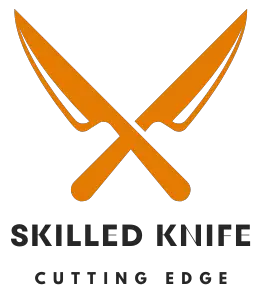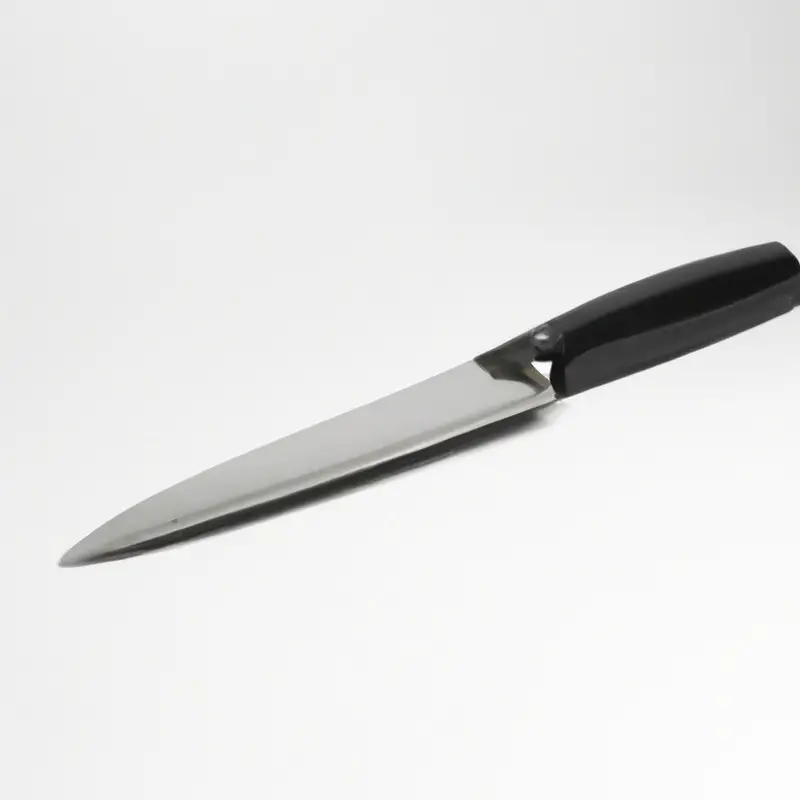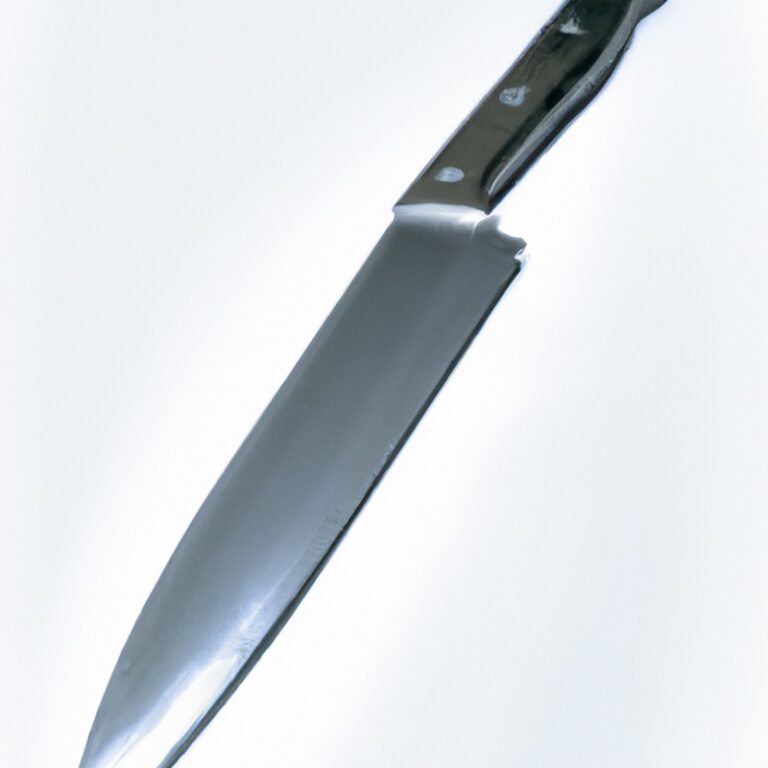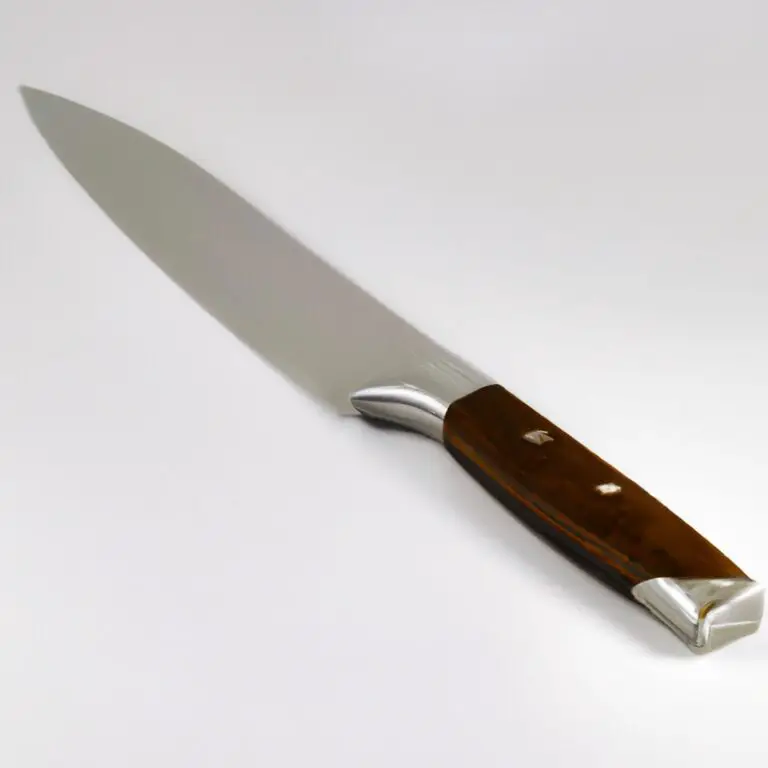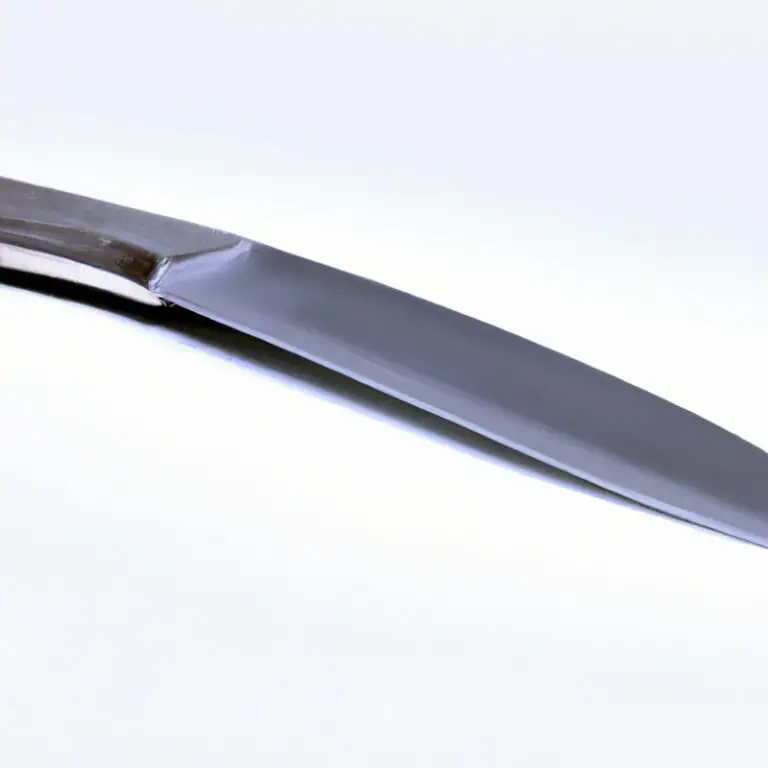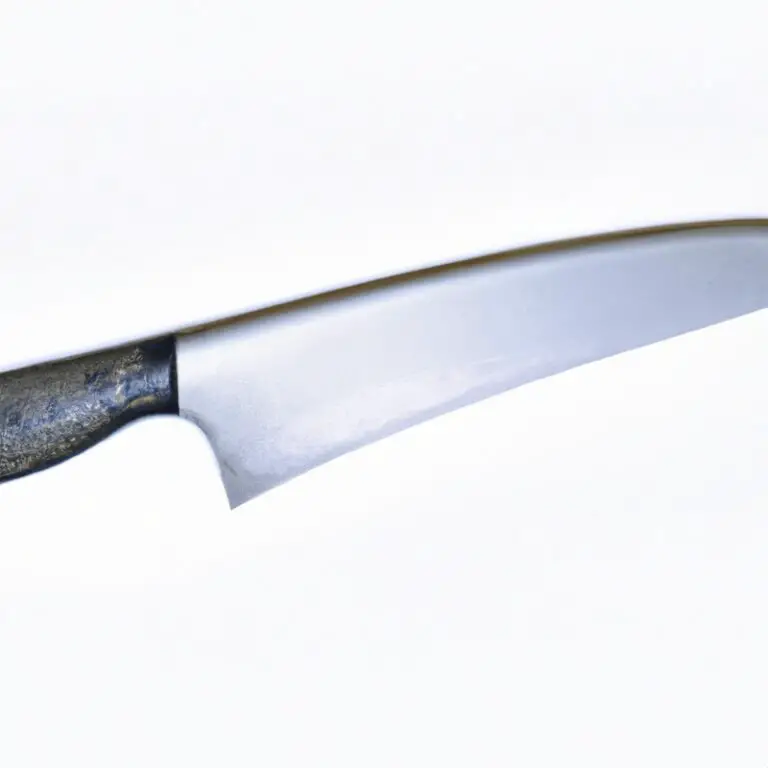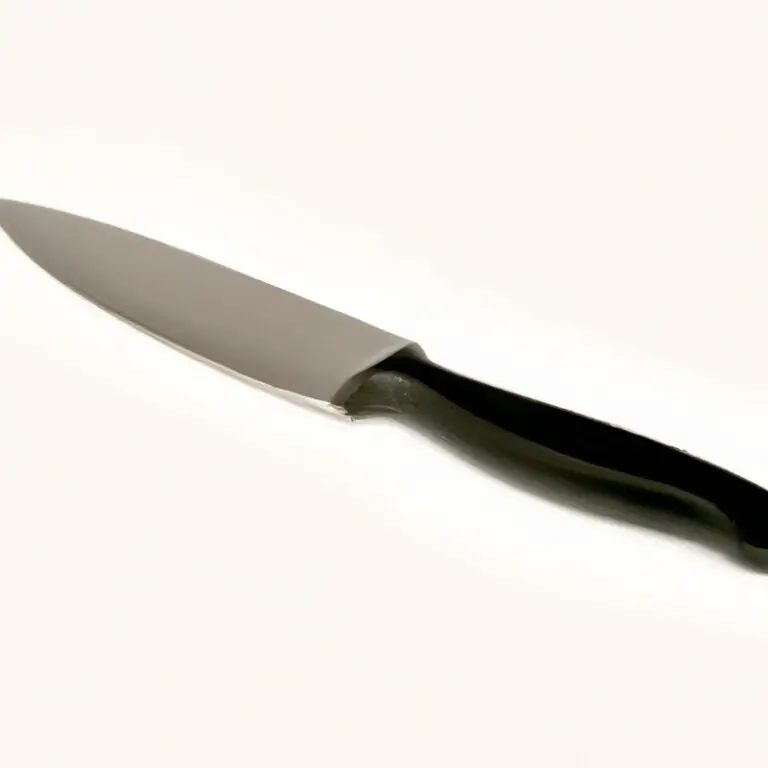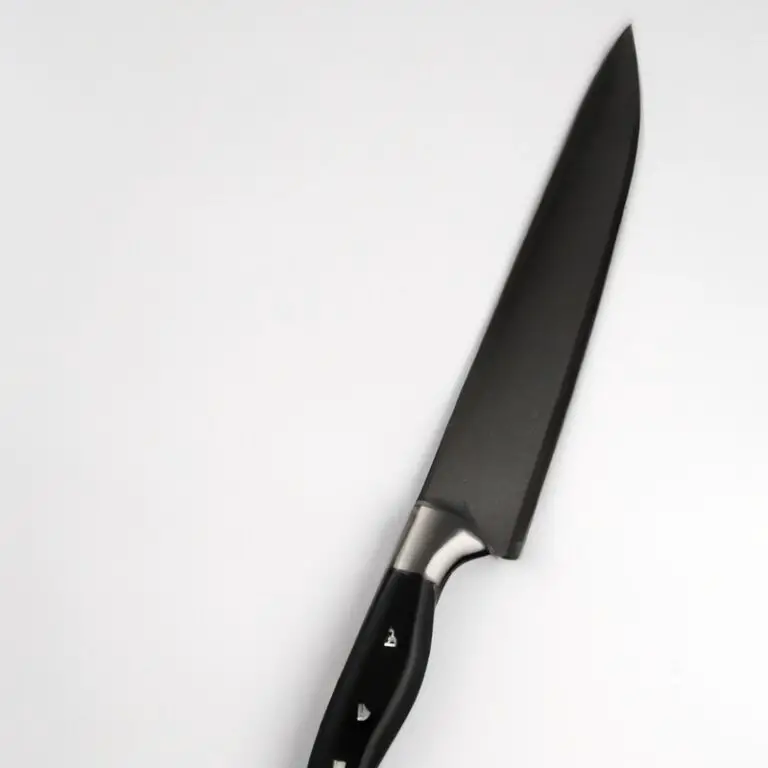How Does Knife Steel Influence Corrosion Resistance In Folding Knives?
Key Takeaways:
- High-quality stainless steel blades exhibit superior corrosion resistance in folding knives.
- Steel composition impacts the corrosion resistance of folding knife blades.
- Proper maintenance and care can enhance corrosion resistance in folding knives.
- Folding knives made with stainless steel alloys have higher corrosion resistance compared to carbon steel counterparts.
Welcome, knife enthusiasts! If you’re anything like me, you know that a folding knife can be your trusty sidekick in countless situations. But have you ever wondered how its steel composition affects its ability to resist corrosion?
Yes, that pesky enemy that can turn your reliable companion into a rusty disappointment.
In this article, we’ll delve into the intricate relationship between knife steel and corrosion resistance. We’ll explore what corrosion actually is, why it matters in folding knives, and the key factors that influence this resistance.
Buckle up and get ready to uncover the secrets that lie within the world of knife steel and its impact on corrosion resistance.
| Knife Steel | Corrosion Resistance |
| Stainless Steel | High corrosion resistance due to the presence of chromium |
| Carbon Steel | Moderate corrosion resistance, requires regular maintenance |
| Damascus Steel | Varies depending on the type of steel used |
| Ceramic | Excellent corrosion resistance |
| Titanium | High corrosion resistance |
Understanding Corrosion Resistance in Folding Knives
What is Corrosion in the Context of Folding Knives?
Corrosion in the context of folding knives refers to the process of gradual deterioration and damage caused by the reaction of the knife’s metal with its surrounding environment.
This reaction usually occurs when moisture, salts, acids, or other corrosive substances come into contact with the knife’s steel.
Corrosion can result in discoloration, pitting, and weakening of the blade, compromising its performance and lifespan.
Preventing and managing corrosion is essential for maintaining the functionality and longevity of folding knives.
Importance of Corrosion Resistance in Folding Knives
Corrosion resistance is a vital factor to consider when choosing a folding knife. It helps prevent the blade from deteriorating due to exposure to moisture, humidity, and other corrosive elements.
A knife with good corrosion resistance will maintain its performance and appearance over time, increasing its lifespan.
Without proper corrosion resistance, the blade may rust, corrode, and lose its sharpness and durability. Therefore, prioritizing corrosion resistance in folding knives is essential to ensure longevity and reliable performance in various environments.
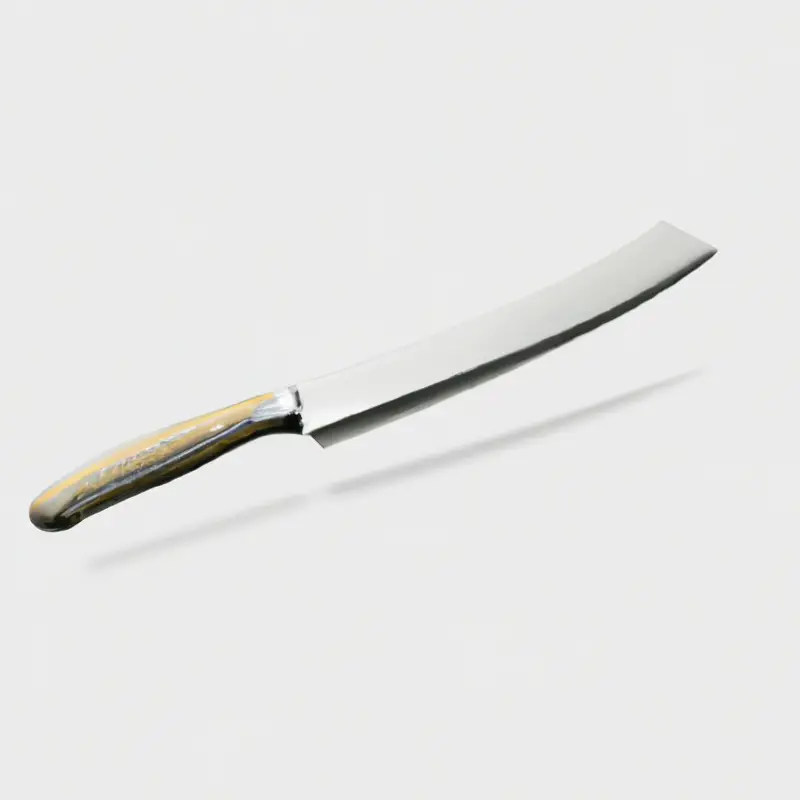
Factors Affecting Corrosion Resistance in Folding Knives
Several factors can affect the corrosion resistance of folding knives. One key factor is the type of steel used to make the blade.
Different steel alloys have varying levels of resistance to corrosion.
Additionally, environmental factors such as humidity and exposure to water can contribute to corrosion. Proper maintenance practices, including regular cleaning and drying, as well as appropriate storage techniques, can help minimize the risk of corrosion.
It’s essential to choose a knife with a steel type and maintain it properly to ensure optimal corrosion resistance.
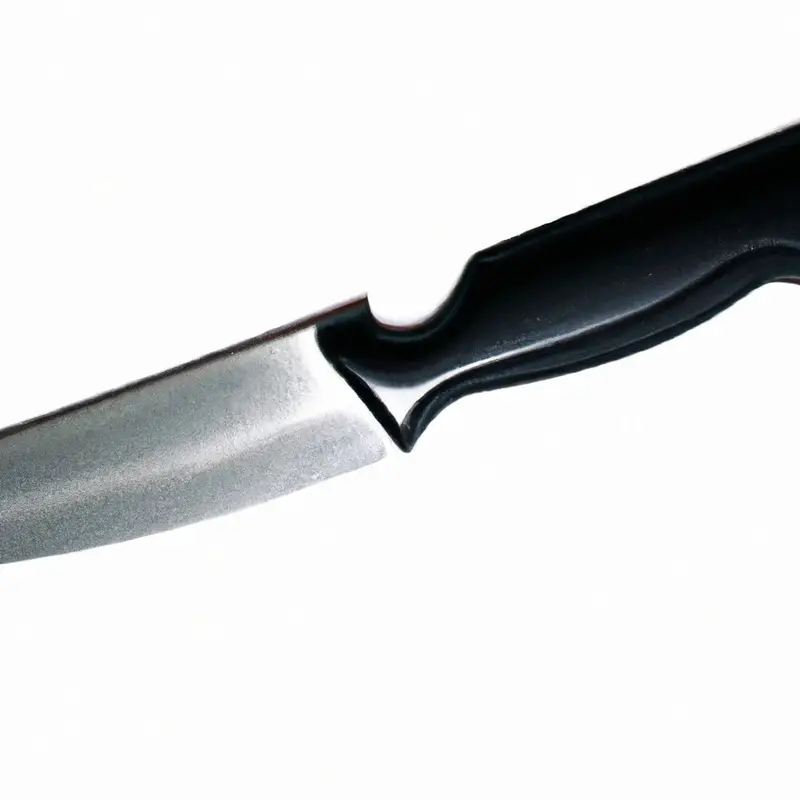
Exploring Knife Steel and its Influence on Corrosion Resistance
How Knife Steel Determines Corrosion Resistance
Knife steel plays a critical role in determining the corrosion resistance of a folding knife. Different steel compositions have varying levels of corrosion resistance due to their unique properties.
Certain elements in the steel, such as chromium and molybdenum, enhance corrosion resistance by forming a protective layer on the surface of the blade.
The steel’s hardness also affects its corrosion resistance, as harder steels are less prone to rusting. Additionally, the presence of impurities and manufacturing processes can impact the steel’s corrosion resistance.
Thus, choosing the right knife steel is essential for ensuring long-lasting protection against corrosion.
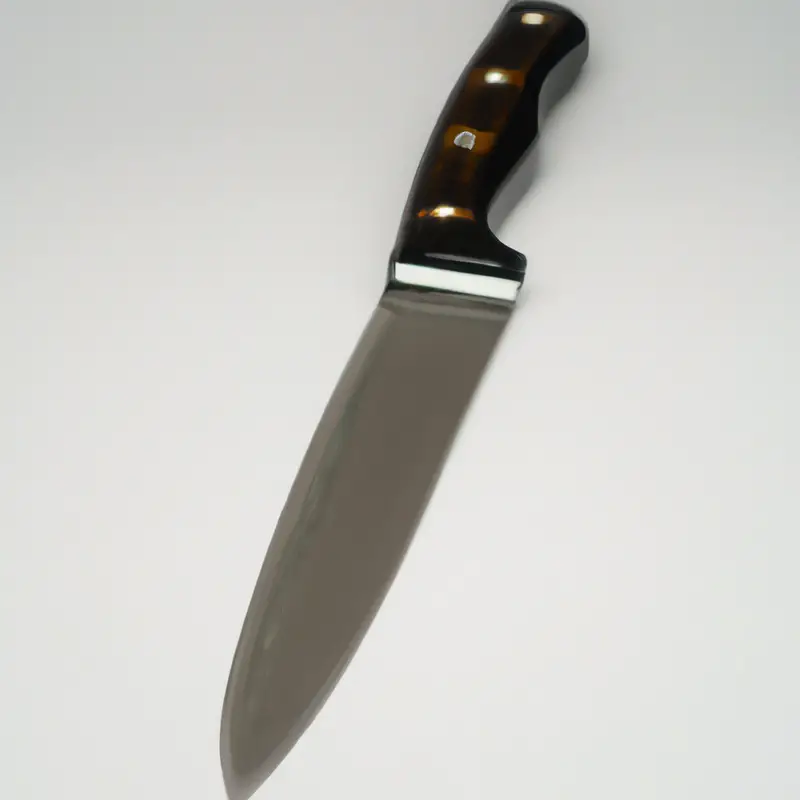
Popular Knife Steels and their Corrosion Resistance Performance
There are several popular knife steels known for their corrosion resistance performance. Some of these include stainless steel alloys, such as 154CM, S30V, and VG-10.
These steels contain chromium, which forms a protective oxide layer on the surface, preventing rust and corrosion.
Another steel type with excellent corrosion resistance is H1 steel, which is specifically designed for marine environments. Additionally, high carbon steels, such as A2 and D2, are known for their corrosion resistance when properly maintained.
It’s important to note that while these steels offer good resistance, regular cleaning and maintenance are still necessary to ensure their longevity and performance.
Corrosion-enhancing Factors and their Interaction with Knife Steel
Environmental Factors Impacting Corrosion in Folding Knives
Environmental factors can greatly impact the corrosion of folding knives. Moisture and humidity are key culprits, as they can cause rust and oxidation on the metal surfaces.
Exposure to saltwater or salt-rich environments can also accelerate corrosion.
Other factors such as air pollution and pollutants in the atmosphere can contribute to corrosion. It’s important to protect your folding knives from these environmental conditions to preserve their corrosion resistance.
Regular cleaning, drying, and lubrication are essential maintenance practices to prevent and manage corrosion effectively.
Maintenance Practices for Preserving Corrosion Resistance
To maintain the corrosion resistance of your folding knife, regular maintenance is key. Here are some effective practices:
Insights into the Correlation Between Knife Steel and Maintenance Requirements
The type of steel used in a folding knife can greatly influence its maintenance requirements.
Some steels are more prone to corrosion and require more frequent cleaning and maintenance, while others are more resistant to corrosion and require less upkeep.
Factors such as the chromium content, heat treatment, and surface finish of the steel all play a role in determining its corrosion resistance.
By understanding the characteristics of different knife steels and their maintenance requirements, knife owners can make informed decisions on how to best care for their blades.
Comparing Different Steel Types for Corrosion Resistance in Folding Knives
Stainless Steel vs. Carbon Steel: Pros and Cons
Stainless steel and carbon steel are two commonly used materials in the construction of folding knives.
Each type has its own set of pros and cons to consider.
Here are the key advantages of stainless steel:
- Excellent corrosion resistance: Stainless steel is highly resistant to rust and corrosion, making it ideal for use in wet or high-humidity environments.
- Low maintenance: Stainless steel knives are easy to clean and require minimal maintenance to keep them in good condition.
- Versatility: Stainless steel offers a wide range of options in terms of hardness, edge retention, and toughness, allowing for a variety of knife designs and uses.
On the other hand, carbon steel has its own advantages:
- Superior edge retention: Carbon steel blades tend to have excellent edge retention, meaning they can hold a sharp edge for longer periods of time.
- Ease of sharpening: Carbon steel is generally easier to sharpen than stainless steel, making it a favorite among knife enthusiasts.
- Enhanced cutting performance: The hardness of carbon steel allows for superior cutting performance, making it an excellent choice for tasks that require precision and control.
However, there are some downsides to consider as well.
Stainless steel can be more expensive, and it may not have the same level of edge retention or cutting performance as carbon steel.
On the other hand, carbon steel requires more maintenance to prevent corrosion, and it can be more prone to staining and rusting if not properly cared for.
Ultimately, your choice between stainless steel and carbon steel will depend on your individual needs and preferences.
Consider factors such as your intended use for the knife, the environment in which you’ll be using it, and your willingness to perform regular maintenance.
Damascus Steel and its Unique Corrosion Resistance Characteristics
Damascus steel is renowned for its unique corrosion resistance characteristics, making it highly desirable in folding knives. One of the main reasons for this is the presence of multiple layers or patterns formed during the forging process.
These layers create a protective barrier, preventing moisture and corrosive agents from reaching the core steel.
Furthermore, the inclusion of alloying elements like nickel and chromium enhances its resistance to rust and oxidation. As a result, Damascus steel knives can withstand harsh environments and maintain their integrity for extended periods.
Such exceptional corrosion resistance is a key factor behind the popularity of Damascus steel in the knife-making industry.
High-End Steel Alloys for Optimal Corrosion Resistance
High-end steel alloys are an excellent choice for optimal corrosion resistance in folding knives. These alloys are specifically designed to withstand harsh environments and prevent rust and corrosion.
One popular high-end steel alloy is S30V, known for its exceptional corrosion resistance and edge retention.
Another top choice is CPM-20CV, which offers excellent corrosion resistance along with high wear resistance. These high-end steel alloys ensure that your folding knife remains in top condition even in challenging conditions.
Best Practices for Preventing and Managing Corrosion in Folding Knives
Proper Cleaning and Drying Techniques
When it comes to keeping your folding knife in top condition and preventing corrosion, proper cleaning and drying techniques are crucial. Here are some key tips to keep in mind:
- After each use, wipe down the knife with a clean cloth or paper towel to remove any dirt, grime, or moisture. Be sure to pay extra attention to the blade and pivot area.
- Use a mild soap or detergent and warm water to clean the knife. Gently scrub the blade and handle with a soft brush or sponge. Avoid using abrasive materials that can damage the knife’s finish.
- Rinse the knife thoroughly with warm water to remove any soap residue. Take care to rinse away any debris that may be lodged in the crevices of the knife.
- Once the knife is cleaned, dry it thoroughly with a clean cloth or towel. Pay close attention to the folding mechanism and areas that may be prone to trapping moisture.
- To ensure thorough drying, consider using compressed air or a hairdryer on a low, cool setting to remove any remaining moisture from hard-to-reach areas.
Effective Lubrication for Long-term Corrosion Prevention
The key to long-term corrosion prevention in folding knives is effective lubrication.
By applying a high-quality lubricant to the moving parts of your knife, you create a protective barrier that helps to inhibit rust and corrosion.
Regularly lubricating your knife not only reduces friction and wear, but it also prevents moisture from penetrating the steel.
This simple maintenance practice can significantly extend the lifespan of your knife and preserve its corrosion resistance.
Remember to choose a lubricant specifically designed for knives and follow the manufacturer’s instructions for application.
Ensuring Proper Storage to Minimize Corrosion Risk
To minimize the risk of corrosion in folding knives, proper storage is key.
Here are some important practices to follow:
- Keep your knives in a dry environment: Moisture is a major contributor to corrosion. Store your knives in a place that is free from humidity and moisture.
- Use a protective sheath or case: When storing your folding knives, make sure they are safely enclosed in a sheath or case. This will prevent exposure to air and moisture.
- Avoid storing knives in leather sheaths: Leather can retain moisture, which can promote corrosion. Opt for synthetic or moisture-resistant materials instead.
- Clean and dry your knives before storage: Before putting your knives away, make sure to clean them thoroughly and dry them completely. This will remove any dirt, grime, or moisture that could lead to corrosion.
- Consider using corrosion inhibitors: If you live in a high-humidity area or plan on storing your knives for a long time, you may want to use corrosion inhibitors. These products create a protective coating on the metal, reducing the risk of corrosion.
Final Verdict
Knife steel plays a crucial role in determining the corrosion resistance of folding knives. The composition of the steel, including the amount of chromium, nickel, and other elements, directly impacts its ability to resist corrosion.
Stainless steel is a popular choice for its high corrosion resistance, but other factors such as maintenance practices and environmental conditions also play a significant role.
By understanding the interactions between knife steel and corrosion-enhancing factors, as well as implementing proper cleaning, lubrication, and storage techniques, knife owners can effectively prevent and manage corrosion in their folding knives. Trust me, taking care of your knife steel will ensure that your folding knife remains durable and reliable for years to come.
